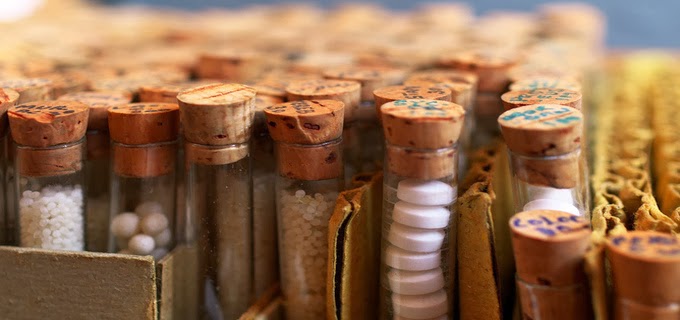Commonly, Eupatorium is known as Bone Set medicine because
it has been in vogue for the treatment of bone pains for a long time. In the Eastern
States of America, old ladies have been using it in the form of home-made tea
for the treatment of the common cold. It
is very useful in the treatment of influenza, malaria and other fevers that
cause severe bone pains in
the body. It is one of the top most treatments for Dengue fever, which
results from the bite of a tiny mosquito found in dry, hilly areas. Its
peculiar characteristic is that there is severe pain in the bones all over and
in the back, which is unbearable.
Eupatorium does not offer complete cure but
relieves the suffering to a great extent. This fever has to take its course of
seven days in any case. Once the patient recovers from this, he develops antibodies
and will never get Dengue fever again. This
medicine is considered to be one of the best against influenza and is also very useful in the
treatment of the common cold. Eupatorium
must be put to use when the common cold is associated with severe body aches
and headache. It will protect the patient from further complications. In
Eupatorium, the bone pains
are associated with a feeling of chills. This symptom is also found
in malaria so Eupatorium is also useful for the treatment of malaria. The chill
is felt more from 6 o’ clock to 9 o’ clock in the morning. The symptoms of Eupatorium
start with the sunrise while the symptoms of Natrum Mur usually get worse after
9 o’ clock. If malaria
appears in the form of epidemic and Eupatorium is found beneficial
in some patients, then most other patients will benefit from Eupatorium as
well. To begin with, there is intense thirst. Even in the winter, the patient
wants to drink extremely cold water, which will cause a chill in the body, but
the thirst will still not get quenched. The patient keeps himself well covered.
When the chill comes to an end and his temperature has risen, he starts
vomiting and sweats profusely.
However, this sweating does not lower the temperature. The
vomited material contains bile. The severer the chill at the outset
the more is the feeling of heat after getting fever. If the temperature
is 103ºF, the patient feels like it is 106ºF. In other words, his
feelings for both cold and heat are equally enhanced. Once the fever is at its
climax, the patient stops sweating. He starts sweating when the fever goes
down. This sweating actually hastens
the temperature to decrease. However the patient develops a severe headache
which is a little bizarre because in the case of malaria, when the fever goes
down due to profuse sweating, his headache also gets better. This peculiar
observation, i.e. the fever is coming
down but the headache is getting worse, is only found in the nature of a
patient of Eupatorium. Physicians have
been warned previously regarding the treatment of malaria and it is repeated
here once again. In malaria, no medicine should be given while the fever is
coming on. Unless the fever starts subsiding, no medicine should be given. The
best time for the treatment to be given is between two malarial attacks. If
during that time, the properly indicated medicine is administered, either the patient
will not get a new attack of malaria or the next one would be very mild. It may
so happen for two or three days; every subsequent bout of fever will be milder
and milder, so much so that the patient will be completely cured.
Eupatorium has also been successfully used in the
treatment of rheumatism.
In the patient of Eupatorium, the joints swell and lumps appear over them.
There is pain along the course of the nerves. The gouty pain is mostly on the
big toe. Rheumatism patients usually suffer from headache. They feel nauseated
and become dizzy in the morning, The dizziness is reduced in the evening. A patient of Eupatorium feels pain behind the eyeballs.
For the treatment of pain in the eyes, Gelsemium and Bryonia can be useful adjuncts.
When the patient develops diarrhoea, the stools are copious and greenish in
colour and thin like water. There may be griping also. Sometimes, the stools are scanty to start
with and then become plentiful causing severe dehydration and weakness. After
that, the patient becomes constipated, which lasts many days. In Eupatorium, the cough is very troublesome.
There is pain over the chest and the whole body shivers. The patient is oversensitive to cold.
Eupatorium, being a treatment for the common cold, is also effective on the
lungs.
The patients of Eupatorium are depressed by nature. The
body tends to be swollen (oedematous). If such oedema is noticed during the course
of influenza or malaria, one should think of Eupatorium. The ailments of Eupatorium recur once again
after 21 days. The patient feels comfortable while kept busy in talking.
Eupatorium has an effect on the mucous membranes of the stomach, liver and the
air passages. Usually, it is useful in the treatment of ailments found in humid
regions, but can also be found beneficial in completely dry weather (such as
Dengue fever).





